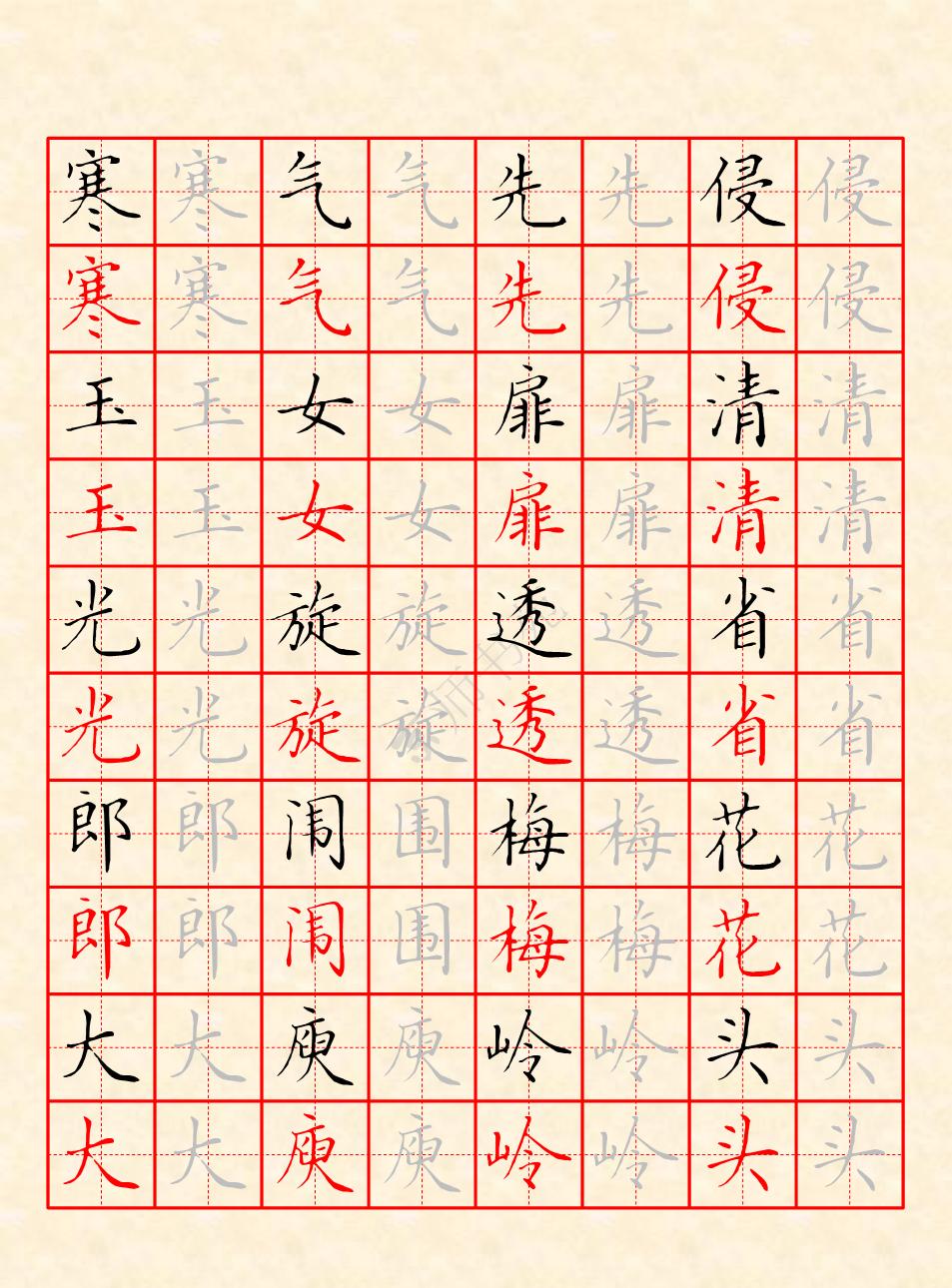<h1 class= "pgc-h-arrow-right" > two pairs of snows</h1>
Li Shangyin [Tang Dynasty]
The cold air first invaded the jade woman's door, and the clear light swirled through the province Lang Min.
Plum blossoms dayu ridge hair, willow silk Zhangtai street flying.
If you want to dance with Cao Zhima, you should wet Xie Zhuang's clothes.
Longshan is not far away, leaving it for pedestrians to return in February.

The swirling bead curtain crosses the pink wall, lighter than the willow and heavier than the frost.
He has followed Jiang Ling's Kwa QiongShu and entered the Lu Family Jealous Jade Hall.
Invading the night may compete for glory, endure the cold and try plum makeup.
The Guanhe Frozen East-West Road, the intestinal broken spot sent To Lu Lang.
< h1 class="pgc-h-arrow-right" > comment</h1>
Original note: "The East of Time." "East" refers to the east to Xuzhou Wuning Army Festival envoy, when the third year of the great middle school winter. The second song borrows Yongxue to express the love of his wife.
Wang Yanshou's "Lu Lingguang Temple Endowment": "The jade girl peeked down the window. Jade Girl, borrowing to refer to the window of the boudoir. Han: Quan Tang Poetry School: "A work is cool." ”
"White Thesis": Zhu Cao Lang signed the powder department.
"White Thesis": "The plum on the Dayu Ridge, the south branch falls, and the north branch opens." "This snow is like plum blossoms.
Zhangtai: Zhangtai: The name of the ancient platform is Zhanghuatai. In the Spring and Autumn Period, the Chu State left the palace. Zhanghuatai is located in Longwan, Qianjiang, and has unearthed a large number of cultural relics, which are of great value in the archaeology of Chu culture. In 2000, Chuzhang Huatai was listed as one of the "Top Ten New Archaeological Discoveries in China". There are also place names of the palaces of the Qin kings during the Warring States period and the names of Chang'an City Street in the Western Han Dynasty. In the poems, Zhangtai and Ba'an are used to refer to willow. This shape of snowflakes flutters like willows.
Cao Zhi has the "White Horse Chapter", and Cao Zhima is the white horse.
"Book of Song and Fu Ruizhi": "On the first day of the fifth month of the Fifth Year of the Ming Dynasty, flowers and snow fell in the palace. When the right guard general Xie Zhuang went down to the temple, xue ji yi, and thought that it was Rui, so gongqing and wrote huaxue poems.
Spin: Rambling.
Gui Lu: Refers to the moon.
Plum makeup: that is, plum makeup.
Lefu 'Divine String Song Mingxia Children's Song': "Chen Kong is proud of his ochre white, and Lu Lang rides on the spotted donkey." This is a self-metaphor for Lu Lang.
Li Shangyin (c. 813 – c. 858), courtesy name Yishan, born of Yuxi (谿) and Fan Nansheng (樊南生), was a famous poet of the Tang Dynasty, whose ancestral home was Qinyang in Hanoi (present-day Jiaozuo, Henan), and was born in Xingyang, Zhengzhou. He was good at poetry writing, and the literary value of Piao wen was also very high, and he was one of the most outstanding poets in the late Tang Dynasty, and Du Mu was collectively called "Little Li Du", and Wen Tingjun was collectively called "Wen Li", because the poetry was similar to the style of Duan Chengshi and Wen Tingjun in the same period, and all three of them ranked sixteenth in the family, so they were called "Thirty-six Bodies". His poems are novel in conception and beautiful in style, especially some love poems and untitled poems that are written in a long and compassionate manner, beautiful and moving, and widely recited. However, some of the poems are too obscure and confusing to understand, so that "poets always love Xikun and hate no one to write Zheng Notes". Because he was in the middle of the cattle and lee party struggle, he was very unhappy all his life. After his death, he was buried in his hometown of Qinyang (present-day Qinyang, Jiaozuo City, Henan, on the border with Bo'ai County). His works are included in the Collected Poems of Li Yishan.